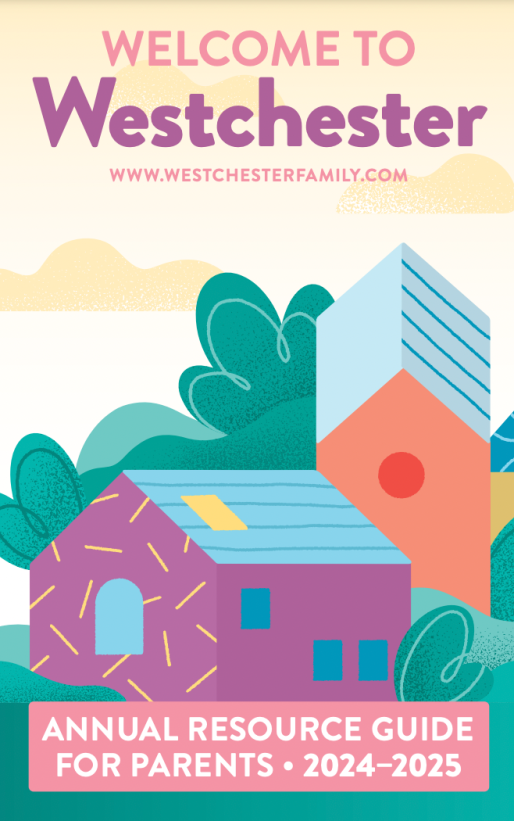A diagnosis, whether medically or mental health-based, can be overwhelming, worrisome and surprising, particularly if it is for your child. The stigma surrounding mental health is significant but the range of diagnoses is vast, and there are many conditions that are quite common in children.
If your child has been diagnosed with a mental disorder, you and your family are not alone. According to the National Research Council and Institute of Medicine, 13 to 20 percent of children in the United States (1 in 5) are diagnosed with a mental disorder each year. The Centers for Disease Control and Prevention defines a childhood mental disorder as “serious changes in the ways children typically learn, behave, or handle their emotions, which can be diagnosed and begin in childhood; for example, attention deficit/hyperactivity disorder (ADHD), Tourette syndrome, behavior disorders, mood and anxiety disorders, and autism spectrum disorders.”
Internet Searches
If you are like most parents, you have probably typed your child’s diagnosis into the search bar of your web browser only to be bombarded with a plethora of information, from symptoms and checklists, to causes and solutions. You may feel relieved to finally have an explanation for your child’s rigid behavior or inattention in school. You may feel scared wondering how you and your child will manage symptoms short and long term. You may feel overwhelmed at all of the options, not knowing which will be the correct or most successful path for treatment. You may feel guilty that your child has a mental health diagnosis, worried that you overlooked a cause or symptom, or that you could have prevented it. You may experience these and many more emotions than you knew existed! This is normal and part of human nature but no one feeling lasts forever.
Early Intervention
As with any health issue, early intervention affords the most success and this is especially true when addressing mental health issues in children. Your best next step is to consult a professional, whether it is your child’s pediatrician (to rule out any medical situation that could be causing symptoms of a mental disorder), the clinician who initially diagnosed your child, or another licensed professional working in the field.
Do not be afraid to get a second, or even third, opinion. Childhood mental disorders can be difficult to diagnose which is why a thorough social, medical and behavioral evaluation is conducted by licensed professionals working with children and families. You can locate a trained professional through the National Institute for Mental Health, American Psychiatric Association, American Psychological Association and National Alliance of Mental Illness, as well as through mental health agencies in your community.
Treatment Plan
Once you’ve identified a professional you and your child trust and feel comfortable with, a treatment plan will be developed to help manage your child’s symptoms and mental disorder successfully. The treatment plan may include evidence-based therapies and medication management, as well as partnering with community resources and support in your county. These can include respite services, crisis intervention, recreational services, intensive case management, and occupational, physical or speech therapy, to name a few.
Having a good team of professionals to provide individual and family therapy can also help you through the nuances and dynamics of the relationship between you and your child, and other family members. Professionals can assist in explaining the diagnosis to your child, siblings, family members and educators. Consulting your child’s school district to discuss your child’s mental health diagnosis may provide additional support (academic, social and emotional) and services (occupational therapy, speech and language therapy, etc.) while in school. The more people who understand your child’s mental health needs and the way she experiences the world, the more supported and successful your child is likely to be.
Lara Signorini, LCSW, is the school social worker and admissions supervisor at Green Chimneys, greenchimneys.org.
RESOURCES
The following websites can offer information about the various childhood mental health disorders and provide resources in your community:
American Academy of Child and Adolescent Psychiatry // Facts and resources for families aacap.org
CDC Mental Health // Mental health basics and general mental health resources cdc.gov/mentalhealth
Mental Health Association of Westchester // Offers a range of treatment and support services mhawestchester.org
National Institute for Mental Health // Mental health and clinical trial information nimh.nih.gov
The Westchester County Department of Community Mental Health // Plans, oversees and coordinates services mentalhealth.westchestergov.com/childrens-mental-health-services









